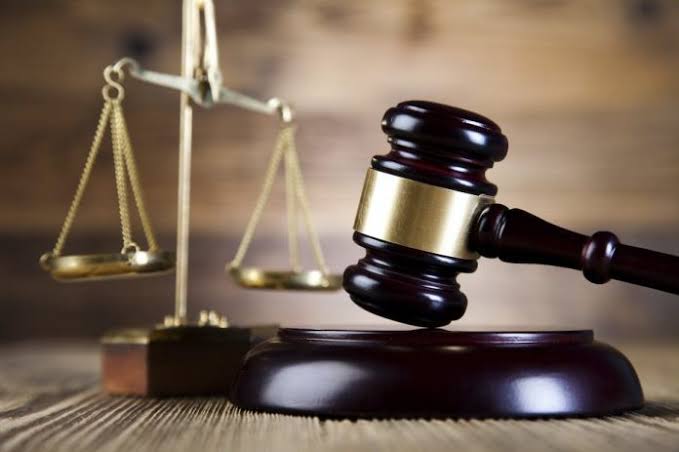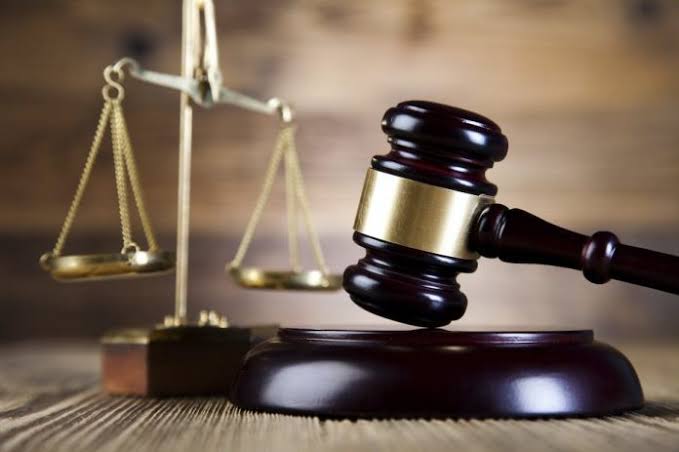Sending a notice to the tenant
The landlord has to follow the correct procedure to evict the tenant. Firstly, the landlord has to send out a proper notice to the tenant to start the eviction process.
In terms of the law, the landlord has to provide the tenant with breathing space to find alternative accommodation. After the landlord has given out notice, the landlord cannot unjustifiably infringe on the tenant’s right to occupation.
The landlord has to cancel the lease agreement and notify the tenant to vacate within the stipulated days. Thereafter, approach the court to initiate the eviction if the tenant refused to evacuate.
Service of the eviction application to the tenant
The court will then allow the landlord to serve the court papers in terms of the law regulating evictions, the Prevention of Illegal Eviction from Unlawful Occupation of Land Act 19 of 1998.
The hearing of the eviction application in court
The court will give a date for the hearing of the eviction application, the tenant will either present her/his case or evacuate.
The eviction order is normally granted if the tenant does not attend the court hearing. If the tenant does attend the court hearing, the process will then take longer as the court will allow the tenant to oppose the eviction. They will be further litigation costs as the parties will argue in court.
Opposing the eviction application
The tenant will be allowed to file his/her court papers stating the reason why the eviction might be improper. The landlord will also file further papers as the eviction is an application, and arguments before the court are brought in terms of papers.
If the correct processes are followed, eviction will be granted.
Unopposed eviction can take up to 3 months and opposed eviction can take up to 7 months.
Securing the lessee’s asset to pay rent in terms of the lease agreement.
If also, at the time of the lease agreement, the tenant owes any monies to the landlord, by legal means, the landlord can remove any movable property like furniture, fridge, and computers brought into the premises by the tenant at the beginning of, or during the lease agreement.
The movable property is to remain on the premises as security for all rent or other payments for which the tenant is liable in terms of the agreement.
Mokhabela and Mposula Attorneys will assist you if you have an eviction or a rental dispute matter, contact Lungani Mposula on 072 761 1278 or email lunganim@mmplaw.co.za.


